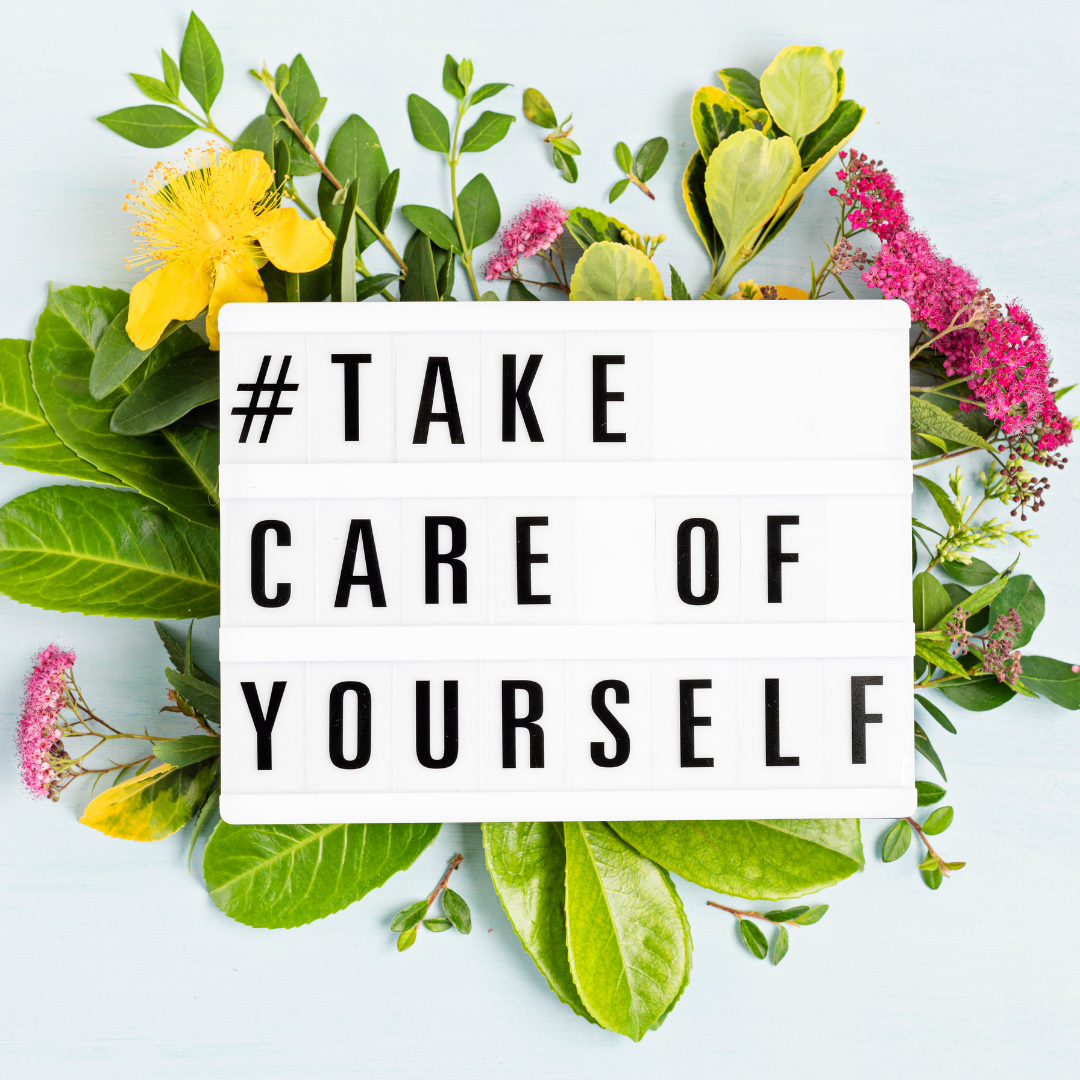Winter Blues
December 2019

Every year, I struggle with the season of winter. The shorter days, the increased darkness and colder weather make for a very long and dismal several months. I should be excited about the upcoming holidays but I’m too busy feeling nervous about how I’ll feel January through March. The heaviness I know is around the corner leads me to hibernate beginning every new year. Even when there are others around me, I struggle to not feel lonely and miserable. I want this year to be different but don’t know how to make that happen.
Signed,
Winter BluesDear Winter Blues,
You are definitely not alone. Especially in areas where the weather gets much colder and the days of winter sunshine are scarce, the challenge is real. But real does not equal unchangeable. Here are 5 strategies to not only survive the winter but even enjoy it.
1. Get ahold of your story.
- What is the narrative you keep repeating inside your head? Is there an expectation that the winter will be hard, long and awful? Is the voice inside your head filled with dread? Are you assuming that history will repeat itself? Do you believe that you are powerless to the wave of feelings that will wash over you? Pay attention to your internal self-talk. Your experiences follow your emotions. Emotions follow thought. Thoughts follow belief. And contrary to what our brains tell us, how we think is a choice. So the first step is to recognize the story. What is the narrative your brain is having you believe?
2. Get ahead of your story.
- Take responsibility for your perspectives. If you want your life to change, you have to change the way you think about life, about yourself and about what is possible for you. Challenge yourself to make a list of alternative perspectives. Hold yourself accountable for the excuses that keep you stuck. With that said, beating yourself up and repeating all the ways you’re not enough is not the answer. Self-compassion while committing to rising up is more empowering. Stop isolating. Don’t believe everything you tell yourself. Gratitude, gratitude, gratitude. It literally re-wires the neural pathways in your brain. Interview your friends, acquaintances and family about how they stay mentally strong during the winter (hint: choose wisely here). Harness your vulnerability instead of running from it. Own your story and ask for help to change it.
3. Get a partner.
- Ask a friend or family member to be your accountability partner. Someone who also struggles with the same feelings and wants to commit to a better life experience in the upcoming winter months can be an invaluable daily or weekly pacing partner- you may want to bring in a third person who typically does well in the winter. Meet now to discuss a plan for each of you and ask what each can do to hold each other accountable to the plan. Misery may love company but at the end of the day, you stay miserable. More darkness is never your only option. See a solution focused therapist or life coach who will help you create a new experience and who will also help you to rewrite the old narratives that contribute to keeping you in the dark.
4. Get a plan.
- Start by taking really good care of yourself. Re-evaluate the use of band aids in your life, like alcohol. Alcohol is a depressant. It will numb you in the moment but when you wake up in the morning, your same life is still there. It contributes to the problem of depression, not the solution. Look at alcohol as a rare dessert- not a frequent way out. Same with medications- use it as a last resort. Visit deeper, healthier and more long-term choices first. Commit to exercise, daily meditation and weekly meal prepping. Bundle up and get outside whenever possible, especially when the sun is out. Get your vitamin D levels checked (and B12 while you’re at it). Discuss any nutrient deficiencies with your health care practitioner and any supplements that might be beneficial for boosting your mood and immunity. A healthy body is a happier body. Research the benefits of an indoor light therapy box (“happy lamp”). Have a large gratitude dry/erase, chalk board or note pad in the main living area of your home. Use it to record what you’re grateful for each day and look at it often as you move through your day or evening. Create a beautiful and inspiring collection of books, podcasts, journals and videos you can saturate yourself with during the challenging moments. Have them ready and easily accessible all winter so that you can read or listen and even randomly open to a page for a dose of wisdom. Just what you need to hear at just the right moment. (Hint: Trust Your Intuition: 100 Ways to Transform Anxiety and Depression for Stronger Mental Health by Jill Sylvester should be one of those resources in your inspiration tool belt). Be proactive, be ready and know you have everything you need to experience something different than years past. Engage choice. Ask yourself about the obstacles you’re likely to face with this plan and then get ahead of them. If it’s exercise- get a trainer. If it’s lack of energy-change your routine, get more sleep and commit to stronger self talk. If it’s your schedule, make some changes. Even small tweaks can make a difference. Yes, you can. Your mental health is worth the effort.
5. Get out your calendar.
- Make plans for fun things. Don’t wait- plan now before you’re tempted to hibernate. If possible, break up the winter with a trip south into warmer weather. If you feel that’s not an option, what about just a relaxing weekend away? If you have young kids, ask for help with childcare for a few days. Watch a friend’s kids for a weekend so they can go away and ask them to return the favor. Be creative. Plan something different that you’ve never done before. It doesn’t have to cost a lot. Research deals- there are many. Schedule lunches or dinner with a friend, date nights, or a pedicure. Put dates on the calendar to invite a small (or big!) support group of friends over for a game or movie night. These events don’t even have to be social. Maybe you purchase tickets ahead of time to go to visit a museum or two by yourself or make weekly visits to the library or sign up for an online or in person class or book club. The list is endless. Research shows that just doing something different rewires the neural circuitry in the brain and creates opportunity for change. If you keep doing the same thing year after year, you’re going to get the same result. If your brain jumped to thoughts during this section like “what if I plan something and then don’t have the energy to go?” Or “what if the weather is bad?” Revisit strategy one on this list and then repeat.








